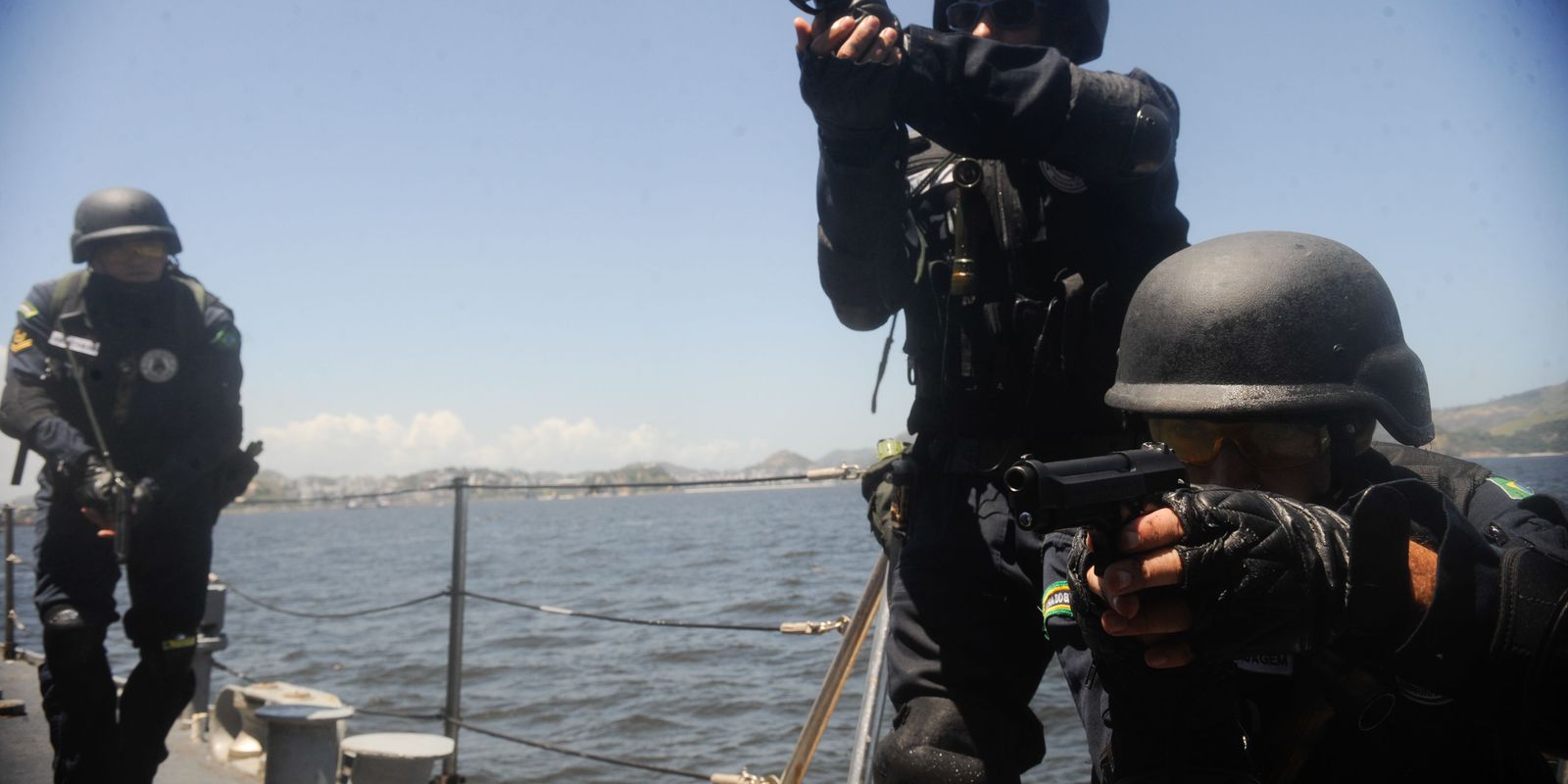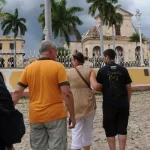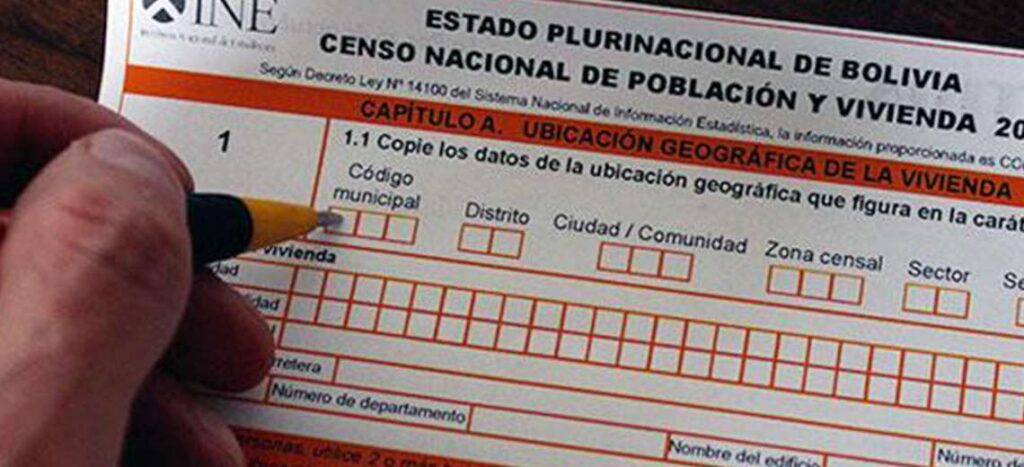For the first time, a Brazilian troop received level 3 certification from the United Nations (UN) to work in the Peacekeeping Capabilities Readiness System, which organizes so-called peace missions. This is the UN’s maximum certification and, at the moment, the Brazilian grouping is the only one available in the world with this level for activation in case of need.
The Operational Group of Marines for Rapid Employment in the Peace Force was notified of the certification on the 18th and, this week, carried out training exercises, with demonstrations on Thursday (28) for military authorities, international relations students, Naval School and the press, in the Naval Complex of Ilha do Governador, north zone in Rio de Janeiro.
The Amphibious Division troop is made up of 220 soldiers, 10% of which are women, organized into three components: command, land combat and combat service support. The Commander of the Fleet Marine Force, Vice Admiral Carlos Chagas Vianna Braga, highlighted that the action also takes place in emergencies in Brazil, such as in Petrópolis, in February, and the Operation Welcomeof humanitarian assistance to Venezuelan refugees and migrants in Roraima.
“We are a professional, ready-to-employ and expeditionary troop. At the beginning of this year, in less than six hours, we arrived in Petrópolis to help the population, hit hard by the rains. We have also played an important role in peacekeeping operations, always in favor of Brazil’s international interests, such as in Haiti and Lebanon.”
Exercises included establishing humanitarian corridors using amphibious caterpillar cars; humanitarian aid actions with an engagement team, composed of 50% women; deactivation of explosive devices using robots; gradual employment of force and progression in an urban environment with tactical shooting and live ammunition.
The group makes armored and amphibious vehicles available to peacekeeping missions for non-specialized transport, refrigeration, fuel and water tanks, in addition to engineering equipment such as a wheel loader and backhoe. The Temporary Operations Base was also presented, which can be assembled in three days with a capacity for 250 soldiers, including a medical and dental unit, bathrooms, kitchen, water treatment station and sewage collection.
Certification
The UN survey was carried out in July last year, and the Navy’s expectation was to reach level 2 certification. According to the Ministry of Defense, the Readiness System was created in 2015, and Brazil already had troops from the Navy and the Army at level 2. Currently, the country has eight types of units ready to go into action if activated by the UN and the government, in addition to this level 3 grouping, the only one currently available worldwide with this certification.
At level 1, the Troop or Police Contributing Country (TCC/PCC) Troop/Police Contributing Country) officially expresses its interest in offering a peacekeeping capability to be used in missions. Level 2 means that the United Nations Secretariat has verified the anticipated requirements for the survey and advice qualification. And at level 3, the degree of preparation that meets the UN conditions is confirmed.
The UN report on the Amphibious Division group highlighted that “Brazilian Marines have an expeditionary, mobile and agile mindset; high standards of operational and personnel readiness; strong command and control; high morale and discipline and are well trained.”
Vice Admiral Carlos Chagas Vianna Braga points out that, to reach this level, the battalions undergo training called “blue package”, with the particularities required by the UN to become a “blue beret” or “blue helmet”, as they are known members of the peace forces.
“The green package is that training that all forces do naturally, basic infantry training, shooting training, driving training. Now there is specific UN legislation, how the UN works, some skills that are only used at the UN, the issue of women, peace and security, all of this is part of what we call the blue package.”
Brazilian participation
According to the Deputy Chief of International Operations of the Joint Chiefs of Staff of the Armed Forces of the Ministry of Defense, Air Brigadier Álvaro Marcelo Alexandre Freixo, Brazil is currently engaged in 11 peacekeeping missions, with a total of 79 military or police officers, in places such as Cyprus, Central African Republic, Western Sahara, Democratic Republic of Congo, Guinea Bissau, Sudan and South Sudan.
“We have individual missions, with General Staff officers, observers, who make up another contingent, from another mission that is taking place under the responsibility of another country. We also have several force commander in the world, for our ability to really perform well. So we have two or three generals around the world who are heads of a mission, even though we don’t have a contingent there.”
The last participations in which Brazil sent troops were the United Nations Stabilization Mission in Haiti (MINUSTAH), from May 2004 to October 2017, with 36,000 soldiers, and the Maritime Task Force of the United Nations Interim Force in Lebanon (UNIFIL), from January 2011 to December 2020, with 4 thousand participants.
Professor at the Institute of International Relations at the Pontifical Catholic University of Rio de Janeiro (PUC-Rio), Ricardo Oliveira, a member of the Brazilian Research Network on Peacekeeping Operations, explains that the initiative of a peace mission begins with a survey of the Nations on security demands in the international system.
“So the UN identifies, within the scope of the Security Council, also within the scope of the General Assembly, some situations, some crisis scenarios that demand this intervention. Of course it is ultimately a political decision. The Security Council engages the General Secretariat, which in turn consults with Member States to see if they are willing to contribute to efforts to maintain international peace and security.”
After this contact, the country consults national bodies such as the Armed Forces and the Ministries of Foreign Affairs, Defense and Economy. For Oliveira, Brazil’s participation in the missions contributes to the country’s diplomacy, as well as to acting in its own territory.
“This contribution is very important not only to make Brazil an important player in matters of international security, but also positively reverberates from a domestic point of view, expertise achieved with respect to compliance with these international standards for the maintenance of peace and national security. So the level of excellence achieved here allows Brazil to spread this expertisethis know howincluding to train other contingents around the world in the international system.”
Since 1948, Brazil participated in 50 UN peacekeeping missionsinvolving nearly 60,000 military personnel.
Air Brigadier Álvaro Marcelo Alexandre Freixo highlights the work to curb possible irregularities in the actions of the troops, such as cases of sexual abuse and exploitation. According to him, the UN demands strictness from the Member States in the conduct of envoys and in the investigation of complaints.
Every year, the United Nations updates a report with a survey of cases and special measures to protect against sexual exploitation and abuse. According to the latest report, released in March, 445 complaints were received in 2021. In the previous year, there were 387. Of the total in 2021, 194 complaints were received across the system, 75 related to peacekeeping, 115 to United Nations entities and four involving non-UN security forces previously deployed. Furthermore, 251 allegations involved entities unrelated to the UNas non-governmental organizations.
Freixo points out that, in the case of Brazil, the appropriate investigations have been carried out. “Every time a complaint is made or a suspicion is made, there is an investigation by the Ministry of Defense with the forces. This is charged and we send all the reports, even more than the UN asks for. The UN normally asks for an investigator and a report, and from there a result is reported. We sent all the processes, there were very few, around two or three in history. We insist on this blue package and there will be no way for complaints not to be investigated with the rigor of the law.”
He explains that the gender parity agenda adopted by the UN is also a way to curb this type of problem. “This is a great request from the UN for us, precisely to give more reliability to peace missions, because it is very difficult for a woman who is suffering this type of abuse to open up to a man, no matter how much she has conditions. So that’s why this insistence and the UN’s demand for percentage levels of women’s participation and we have done it very well”, he said.

















